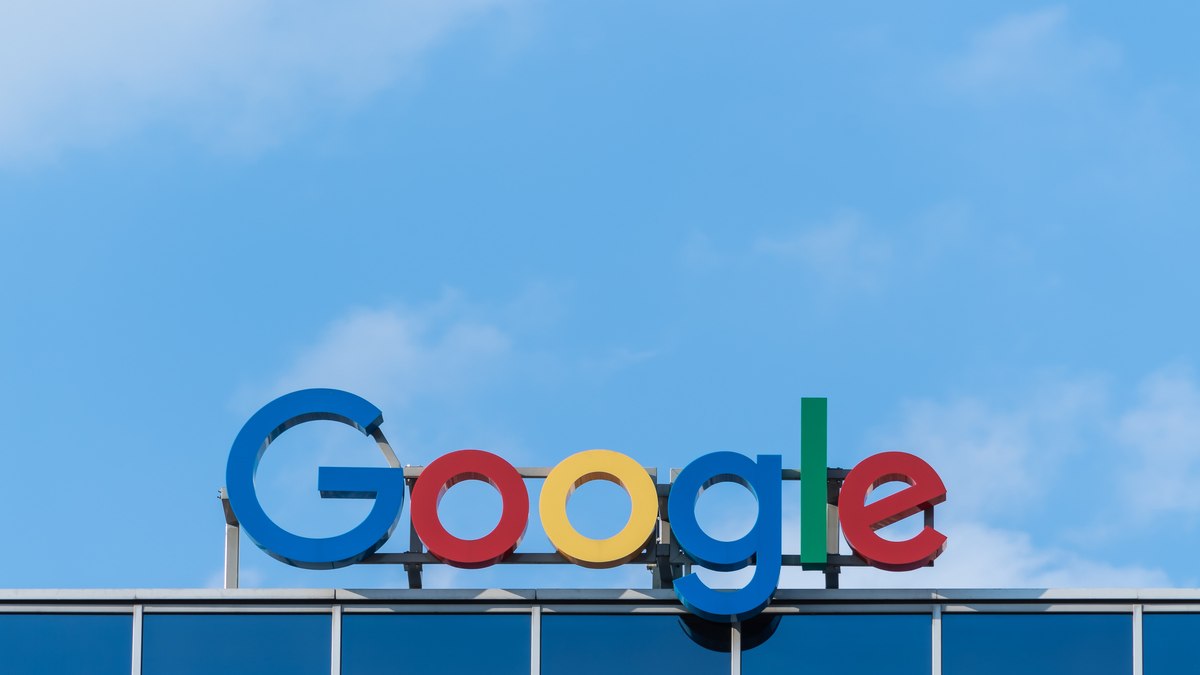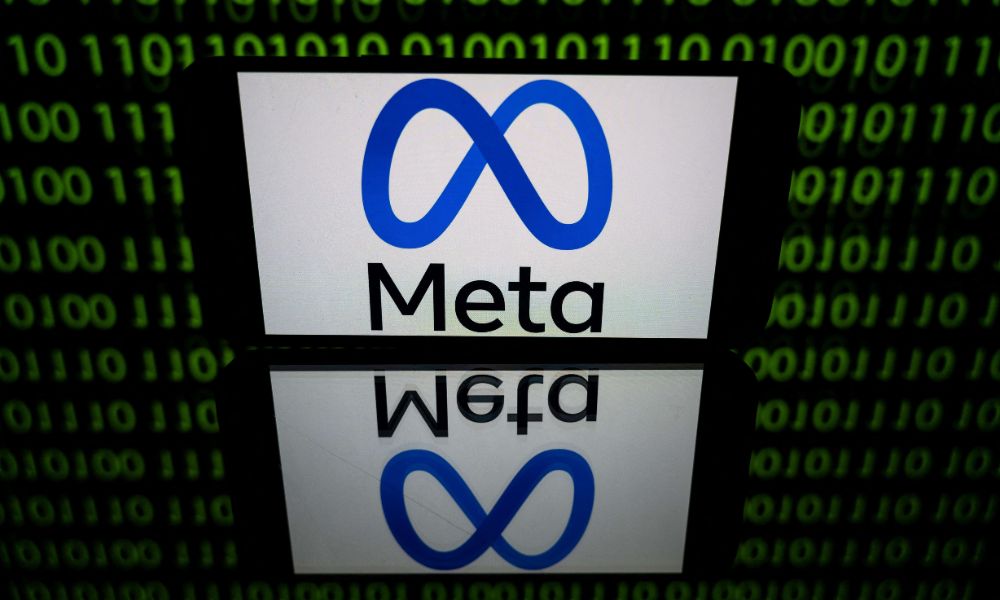the saga of huawei case ended, and with it one of the main obstacles in relations between Washington and Ottawa, on the one hand, and Beijing, on the other. Just as the Chinese tech giant’s chief financial officer, Meng Wanzhou, travels to China after the US dropped charges against her, Canadians Michael Kovrig and Michael Spavor have also been released and are in a plane to return to House.
“Twelve minutes ago, Michael Kovrig and Michael Spavor left Chinese airspace on their way home,” Canadian Prime Minister Justin Trudeau announced, without giving further details on the release of his two compatriots. It is “an ongoing operation”, he said. The two will land in Canada this Saturday. “These two men went through a horrible ordeal for over a thousand days. They showed determination, grace and endurance in every moment and are an inspiration to us all,” said Trudeau.
The return of Meng, on the one hand, and the “two Michaels”, as they were popularly known, on the other hand, puts an end to almost three years of behind-the-scenes negotiations between China, on the one hand, and the United States. and Canada, on the other hand, in a case that has soured relations between the two sides to levels not seen in decades.
The case exploded on December 1, 2018, when Meng, daughter of Huawei founder Ren Zhengfei, was detained by Canadian authorities at the request of the United States, while stopping in Vancouver en route to Mexico. . The Washington Justice Department accused her of violating US sanctions against Iran and demanded her extradition from Ottawa.
Beijing was furious at what it saw as a politicized attack on one of its top tech companies and a leader in 5G. Barely two days later, in retaliation, the two Canadians were arrested on suspicion of espionage. Kovrig, a former diplomat who, at the time of his arrest, worked for the conflict resolution NGO Crisis Group, was in prison in Beijing. Spavor, a businessman specializing in cultural exchanges with North Korea, was arrested at his home in Dandong, on the country’s border with China.
Spavor was sentenced in August to 11 years in prison for spying and leaking state secrets to foreign forces. Kovrig was tried in March but was still awaiting sentencing.
Canada and the United States have always described the arrests of the two Canadians as “arbitrary”. Chinese diplomats have always maintained, until the last moment, that the cases had nothing to do with the detention of Meng, held under house arrest in one of his Vancouver mansions. On September 3, the Foreign Ministry in Beijing insisted that “the Meng Wanzhou incident and the cases of Michael Spavor and Michael Kovrig are of an entirely different nature. Isolated cases of Canadian citizens have been spectacular and China has been falsely accused of arbitrary detention.
The Gordian knot was undone when the US Department of Justice reached an agreement with Meng, whereby the executive was released in exchange for public acknowledgment of the commission of less serious crimes. The release of the CFO and the two Canadians represents an olive branch between Washington and Beijing. It opens, perhaps, the door to a certain resumption of relations between the two rivals, after a general deterioration in ties during the four years of Donald Trump’s mandate and which did not improve after the arrival at the House. White by Joe Biden.
The deal and its quick outcome were announced precisely on the day Biden was holding a summit at the White House with members of the Quad, the informal security association made up of the United States, Japan, Australia and the United States. ‘India. And what Beijing sees as an alliance to limit its influence in the Indo-Pacific region. It also came a week after the announcement of a defense pact between the United States, Australia and the United Kingdom which will include, among other things, the supply of nuclear submarines to Canberra. The deal, known as Aukus, will boost US influence in the Asia-Pacific region and has drawn strong criticism from China, which sees it as yet another hostile act.
The pact between the United States Attorney’s Office and Meng will run until December 2022, and until then the United States can reactivate the judicial process, if it deems it necessary. In the absence of termination of the contract on this date, the file will be considered as definitively closed. Just hours after the charges were dropped, Canadian judges officially ended the Chinese executive’s extradition process.
Support the production of news like this. Subscribe to EL PAÍS for 30 days for 1 US$
Click here
Register here to receive EL PAÍS Brasil’s daily newsletter: reports, analyses, exclusive interviews and the main news of the day in your e-mail, from Monday to Friday. Register Also to receive our weekly newsletter on Saturdays, with highlights of the week’s coverage.

“Pop culture fan. Coffee expert. Bacon nerd. Infuriatingly humble communicator. Friendly gamer.”

/cloudfront-eu-central-1.images.arcpublishing.com/prisa/5NR7B6YQXTZCFVMGG5MYYL4SDM.jpg)





